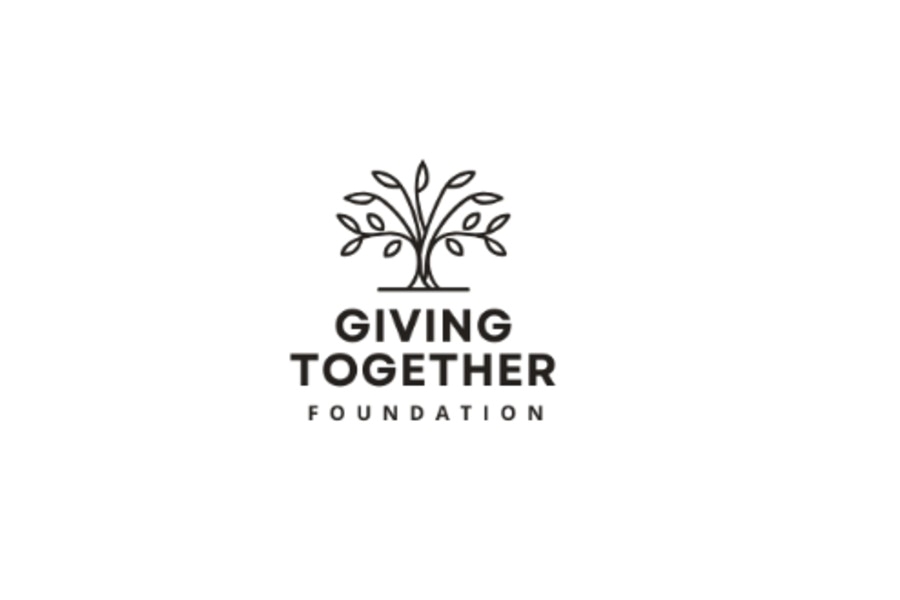New Delhi, October 06, 2025: Everyday giving — through small financial contributions, volunteering, and in-kind support — is being recognised as a vital driver of sustainability for India’s nonprofit sector, according to UDARTA:EG (Using Data and Research to Advance Everyday Giving in India), a first-of-its-kind study conducted by 13+ social sector organisations under the GivingTuesday Data Commons (GTDC).
The report, supported by GivingTuesday and Rohini Nilekani Philanthropies, surveyed 304 nonprofit organisations across 26 states and union territories, offering insights into how citizen participation is shaping the future of philanthropy in India. The findings reveal that while 79% of nonprofits have received financial contributions and 70% have engaged volunteers in the past five years, only 37% have actively fundraised from everyday givers, showing a significant untapped potential.
The study also found that technology plays a decisive role in expanding everyday giving. Organisations using digital donation tools were more likely to raise funds effectively. A majority (86%) of nonprofits use a donation button on their websites, and 58% find it effective in driving contributions.
Priyanka Dutt, Chief Advisor India, GivingTuesday, said, “Everyday giving is more than a fundraising tool, it is jan bhagidari in action, where citizens step forward as co-creators of social change. For nonprofits, these contributions provide not just resources but vital flexibility to meet urgent needs, pilot new ideas, and build resilience. When donors become volunteers, and volunteers grow into advocates, the impact multiplies, and entire communities rally around a mission. With the right skills and simple tools, nonprofits can unlock the full potential of this citizen energy, turning everyday giving into a lasting engine of impact and resilience.”
The study highlights the diverse profile of participating organisations, ranging from small nonprofits with budgets under ₹50 lakh to institutions with budgets exceeding ₹100 crore. Their work spans 14 cause areas, led by education (35%), social services (28%), and health (13%), with operations across rural, semi-urban, and urban regions.
Commenting on the report’s significance, Merlyn Fernandes, Head of Programs, Giving Together Foundation, said, “What stands out in this study is the sheer breadth of participation, from small, newly established nonprofits to large, well-established institutions across geographies and cause areas. This diversity underscores a shared recognition among nonprofits that engaging everyday givers is not just about diversifying funding streams. It is about building communities of invested citizens who bring energy, trust, and long-term commitment, helping sustain and strengthen the very fabric of India’s social sector.”




















.jpg)



